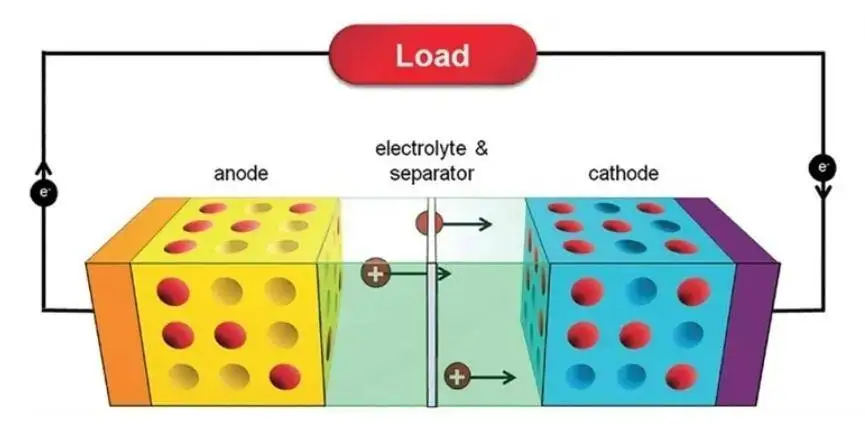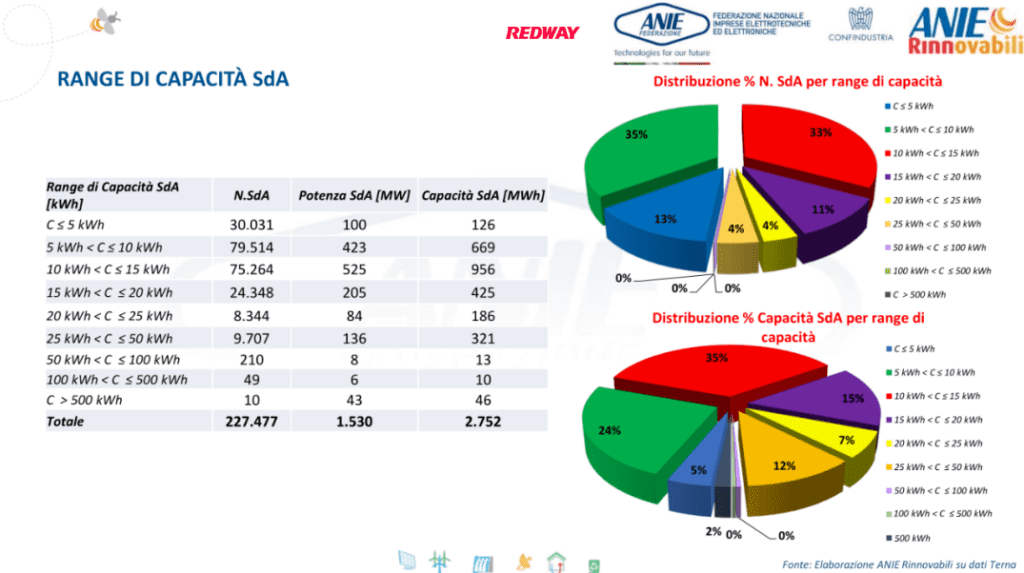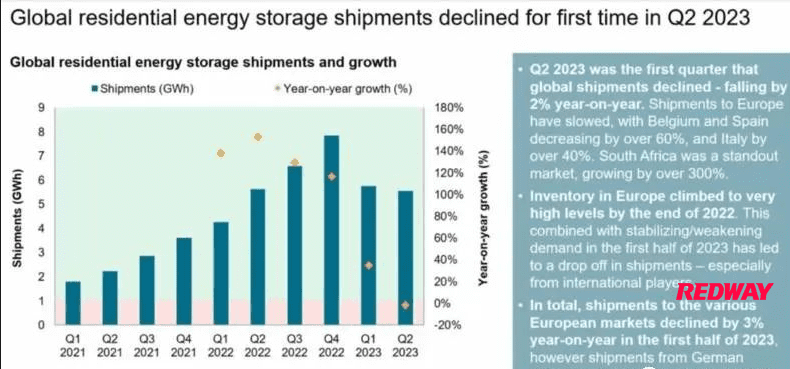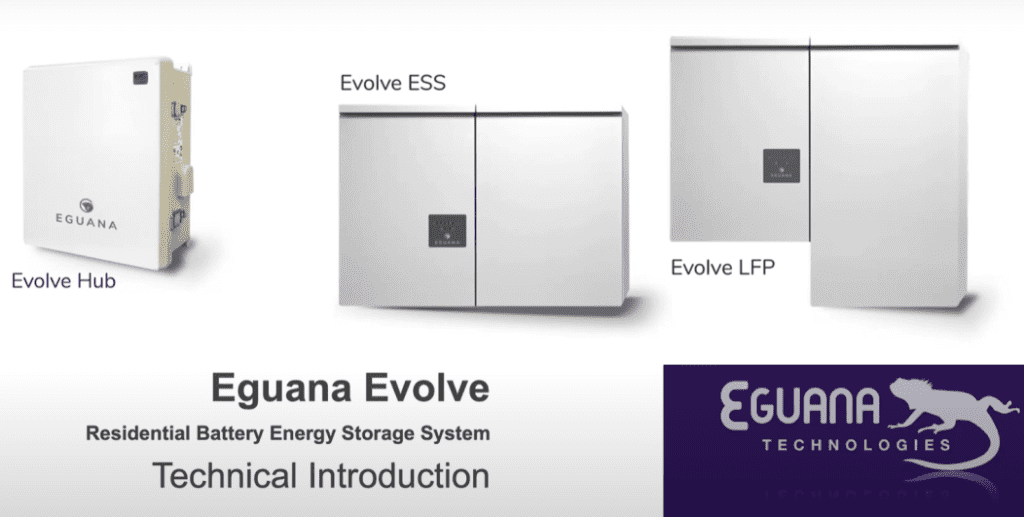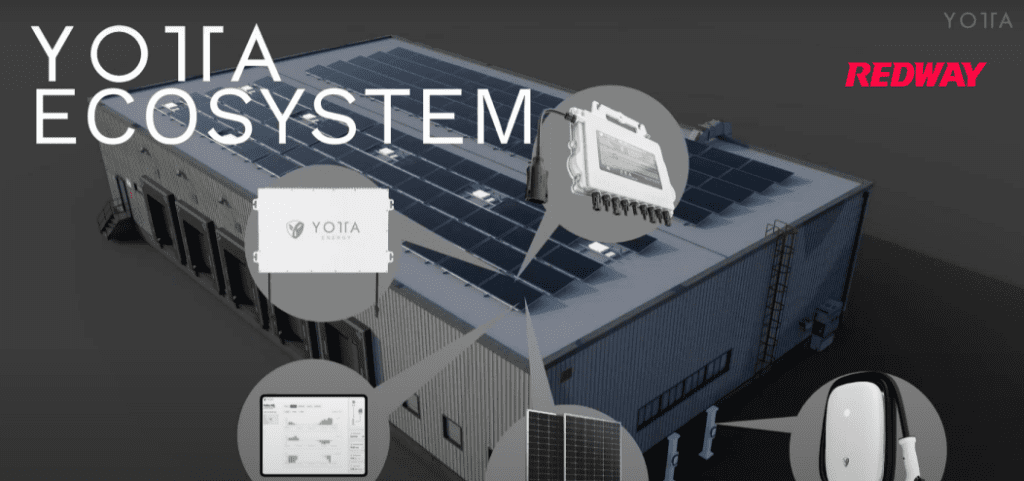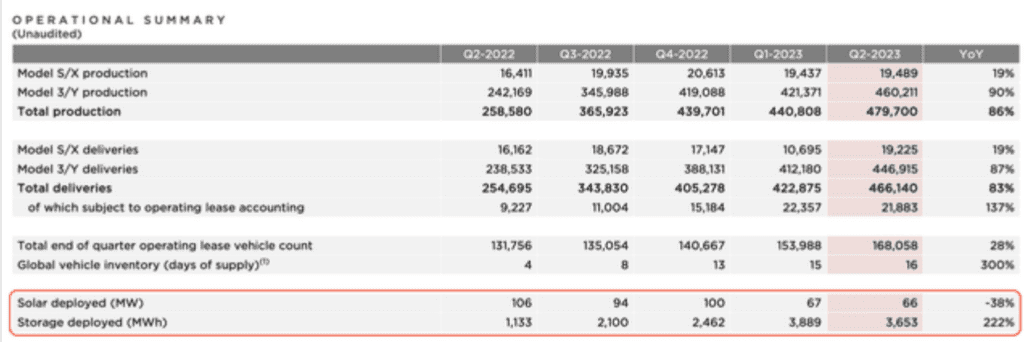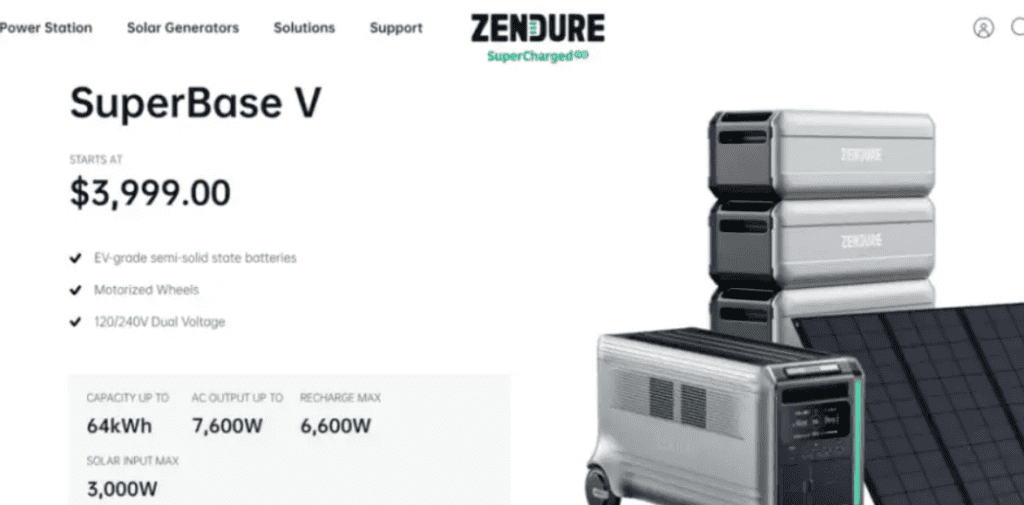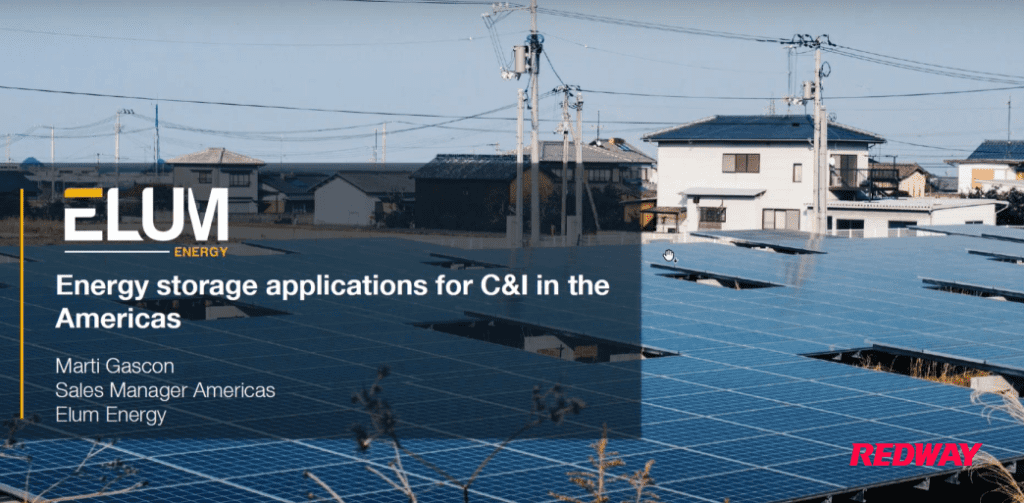Spain is facing the dual challenge of boosting its renewable energy capacity significantly while also addressing potential economic issues that could hinder its renewable energy generation. A report by Aurora Energy Research highlights the possibility of a 5% reduction in renewable energy output due to economic challenges between 2025 and 2030. However, Spain’s ambitious goal of reaching 81% renewable energy in its electricity generation by 2030 may find a solution in long-duration energy storage (LDES). This technology not only helps maintain renewable energy generation but can also significantly reduce the country’s dependence on natural gas, bringing economic and environmental benefits in the process.
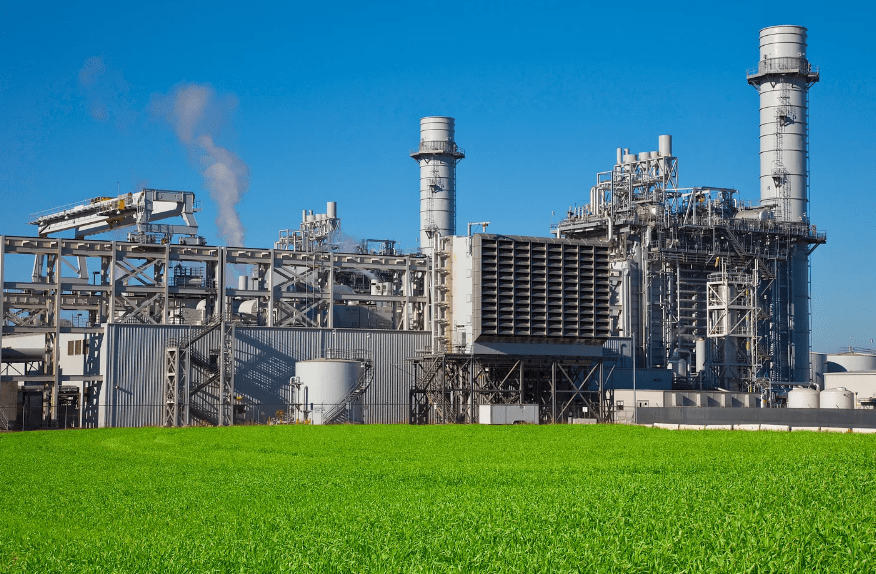
#post_seo_title
Challenges due to Economic Crisis
An analysis by Aurora Energy Research on European national energy sectors concludes that between 2025 and 2030, Spain may face a reduction in over 5% of renewable energy generation due to economic issues. However, long-duration energy storage (LDES) can mitigate or eliminate this situation. This research report was published as part of a new study commissioned by Breakthrough Energy.
When the operational costs of a power generator exceed the wholesale market price at which they sell electricity, economic reductions occur, leading operators to reduce power output or face the risk of losses.
Aims of Spain’s Renewable Energy
Spain aims to have renewable energy account for 81% of its total electricity generation by 2030, nearly double its 42% share in 2022. This implies a 173% increase in renewable energy capacity from 2022 to 2030.
Aurora, in its research report, points out that the energy storage target has increased from the 9 GW set in the National Integrated Energy and Climate Plan (NECP) of 2020 to 18 GW. Higher electrification and decarbonization goals mean the need to shift renewable energy from when it’s generated to when it’s needed, emphasizing the importance of grid services and necessary measures to ensure power supply security.
Importance of Energy Storage Devices
Role of Lithium Batteries
Lithium-ion batteries are currently the most widely used energy storage technology in deployment, providing effective solutions for short to medium-term energy storage to help stabilize the grid.
Long duration Energy Storage
However, Aurora suggests that long-duration energy storage technologies may become a “crucial” solution. This technology has the potential to reduce electricity system costs, cut power, and achieve net-zero emissions.
Benefits of Long Duration energy storage
Aurora states that long-duration energy storage technology can economically and effectively reduce dependence on natural gas to balance the increasing scale of renewable energy in the grid, aiming for up to 85 GW. According to projections, economic reductions can be eliminated by 2035, and 15 GW of long-duration energy storage can offer approximately €1 billion in system cost benefits between 2025 and 2050.
With the reduction in natural gas usage, long-duration energy storage can potentially accelerate Spain’s power sector to achieve net-zero emissions five years earlier than other alternatives. It can also play a significant role in decarbonizing the industrial sector.
Without long-duration energy storage, the objectives of the National Integrated Energy and Climate Plan (NECP) “cannot be realized.” However, the inclusion of a wide range of long-duration energy storage technologies currently faces market entry challenges in Spain, a situation common worldwide. Aurora points out that the country’s goal of reaching 18 GW of energy storage capacity by 2030 has not yet addressed the need for long-duration energy storage.
Challenges of Long Duration energy storage
Long-duration energy storage still faces a controversy: it is perceived to be more costly, especially in terms of capital expenditure, when compared to shorter-duration lithium-ion batteries. However, data from Aurora Energy Research suggests that as manufacturing and deployment scales up, the costs of long-duration energy storage will decrease.
Future Goals
Aurora’s consulting assistant, Inês Gaspar, stated that the costs of long-duration energy storage are expected to gradually decrease in the future, similar to how it has happened with solar photovoltaics and battery storage. However, accelerating this cost reduction requires action now to ensure that potential developers receive the necessary policy support and opportunities to realize the long-term monetization value these assets can bring to the national power system.
Aurora’s Director of Iberia and Latin America Energy Research, Ana Barillas, suggests that given the clear case for supporting long-duration energy storage, “Spain now needs a comprehensive policy and regulatory framework to enable its deployment.”
Barillas stated that the ambitious renewable energy goals in the NECP are “simply unattainable without long-duration energy storage and industrial electrification.” Long-duration energy storage not only helps prevent reductions in renewable energy generation but also provides grid services. Additionally, when compared to other low-carbon high-temperature heat providers, thermal energy storage can effectively utilize renewable energy at relatively low costs, enabling industrial decarbonization.

